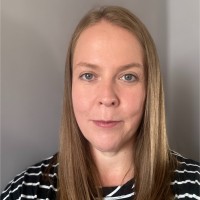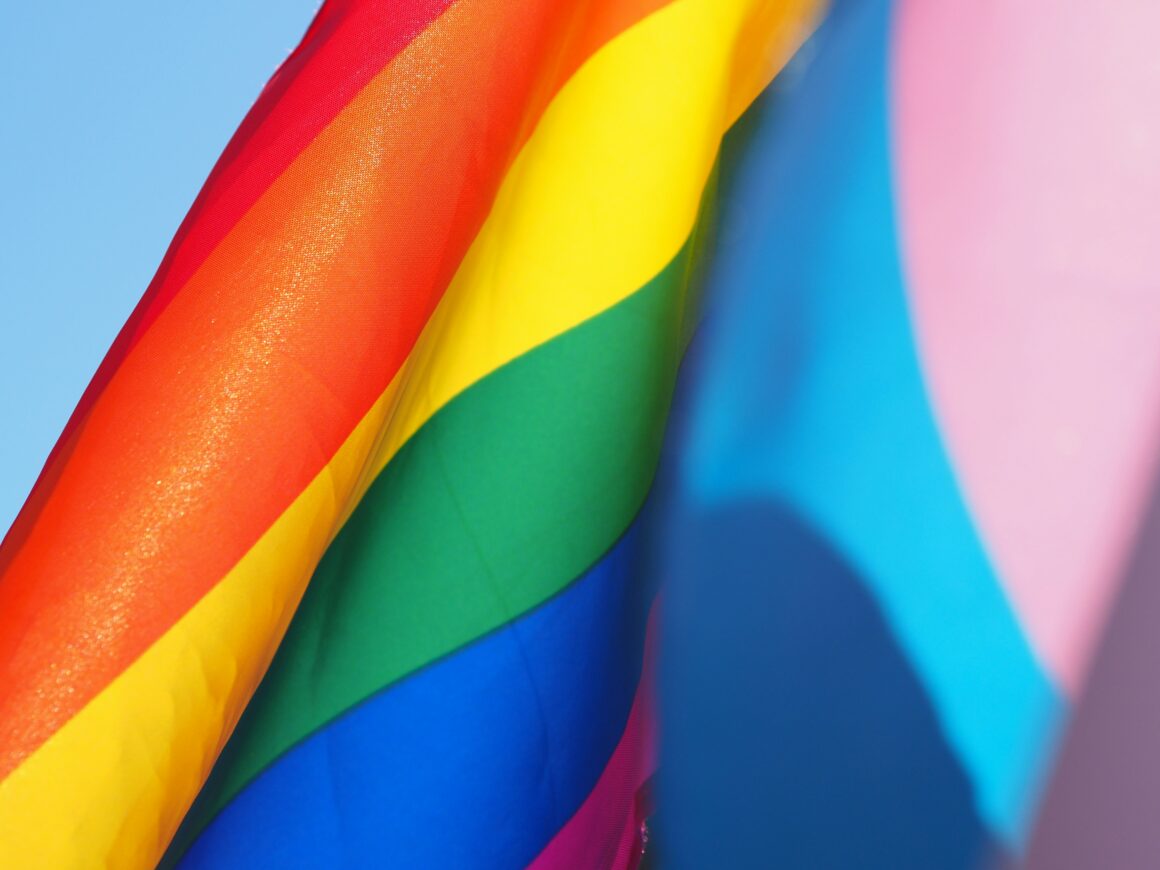The history of LGBTQ+ rights in the UK is a testament to the resilience and strength of the community.
From undercover meetings to loud and proud parades, the journey has been long but undeniably inspiring.
As we take a brief look at the history, it is evident how far society has come and why ongoing efforts towards diversity and inclusion remain crucial, especially within the legal sector.
Early Challenges
The legal oppression of LGBTQ+ individuals in the UK dates back centuries.
The Buggery Act of 1533, introduced during the reign of Henry VIII, criminalised homosexual acts between men, setting a pattern for persecution that would persist for hundreds of years.
The infamous trial of Oscar Wilde in 1895, which led to his imprisonment for “gross indecency” highlighted the severe social and legal repercussions faced by those who dared to be “different”.
Change in the 20th Century
The 20th century brought about the first significant changes.
The Sexual Offences Act of 1967 was a landmark moment, decriminalising homosexual acts in private between men over 21 in England and Wales.
This was a crucial victory, albeit limited, as it did not extend to Scotland or Northern Ireland and maintained an unequal age of consent.
In the 1980s, the AIDS crisis devastated the LGBTQ+ community.
The formation of organisations such as the Terrence Higgins Trust provided much-needed support and raised public awareness about the crisis and the stigma surrounding it.
This period also saw the introduction of Section 28 in 1988, a regressive law prohibiting the “promotion of homosexuality” by local authorities, which fuelled further activism and resistance.
21st Century
The 21st century has seen significant progress.
Until 2003 employers could legally refuse to employ someone based on their sexual orientation or gender identity.
The withdrawal of Section 28 in 2003 marked a decisive victory for LGBTQ+ rights.
The Civil Partnership Act of 2004 and the Marriage (Same-Sex Couples) Act of 2013 granted legal recognition and equality to same-sex relationships, reflecting changing public attitudes and a more inclusive society.
Gender recognition also advanced with the Gender Recognition Act of 2004, allowing transgender individuals to change their legal gender.
More recently, the government has been considering reforms to make this process more accessible and less invasive.
Ongoing Challenges
Despite these advancements, challenges persist.
Issues such as trans rights, conversion therapy, and discrimination in various sectors require ongoing advocacy and legal support.
This is where the legal sector plays a crucial role.
Legal professionals have the power to drive change, not just through the cases they take on but also in how they operate internally.
Diversity and Inclusion
Chronicle Law recognises the importance of diversity and inclusion within the legal sector.
By actively working with professionals and organisations to promote these values, Chronicle Law aims to help create a more inclusive and supportive environment for all.
Diversity within legal teams leads to a broader range of perspectives, fostering innovation and more effective problem-solving.
Moreover, an inclusive legal sector can better serve the diverse needs of the community.
Conclusion
The journey of LGBTQ+ rights in the UK is a testament to the power of resilience and activism.
While significant progress has been made, the work is far from over.
As we move forward, it is essential that all sectors, especially the legal sector, embrace and promote diversity and inclusion.
Chronicle Law’s commitment to these principles is not only a reflection of past struggles but also lights the way for a more inclusive future.
Through such efforts, we can ensure that the legal sector is as diverse and vibrant as the society it serves.
 Kirsty Hinchcliffe
Kirsty Hinchcliffe